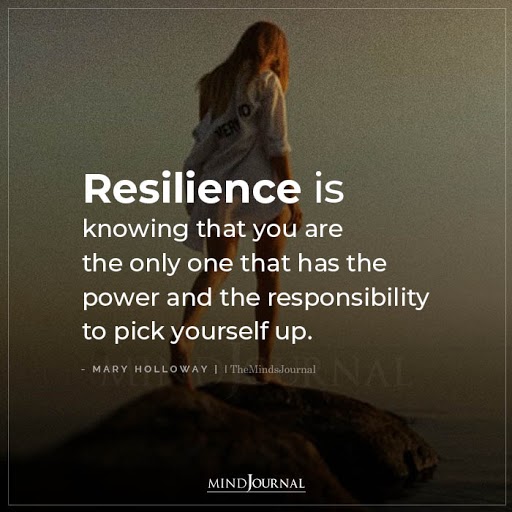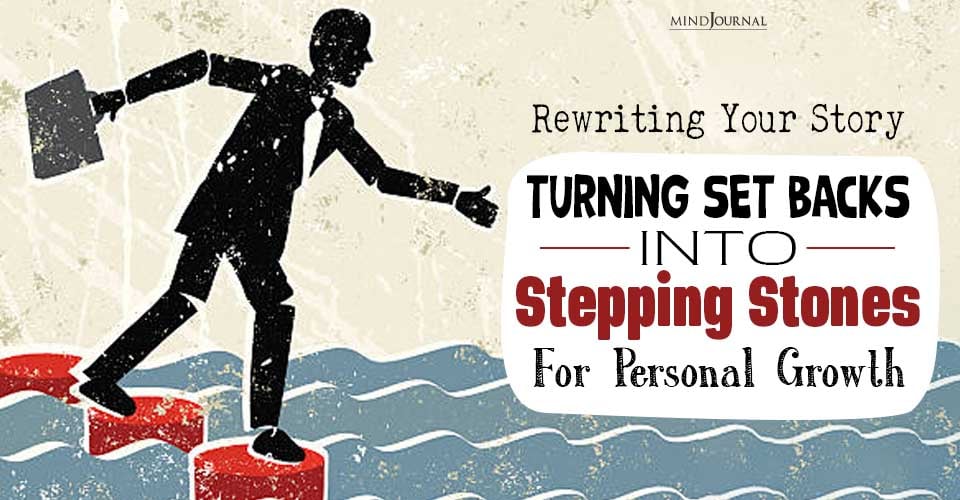I spend a lot of time talking to people at work about stress, burnout and resilience. I have coached and interviewed hundreds of people to better understand the experience of burnout from their perspective.
While burnout is a systemic problem that requires holistic strategies to fix, one-way individuals can help ease their stress and promote mental strength and resilience is to understand their “wiring.”

Your “wiring” is the combination of traits, thinking styles, behaviors, and emotional styles that can both facilitate your success and undercut your resilience and mental strength by leading to a lot of stress and anxiety. A critical part of my own burnout recovery (and preventing it from happening again) has been to understand my own “wiring” and how these traits influence how I process the world.
Here are nine common traits that can promote stress undercut your resilience and mental strength at work:
1. Not Knowing What Is Urgent Vs. Just Important.
When I was practicing law, a client of mine used to categorize the priority of his projects with this three-tiered system: nuclear, super-nuclear, and catastrophic. I laugh as I write this because I still don’t know what distinguishes one from the other. By the end of my law career, though, I could no longer distinguish between tasks that were just important and those that were urgent – I perceived everything as urgent and experienced stress.
Read Emotional Contagion at Work: How to Stop Absorbing a Coworker’s Stress

2. Trouble Delegating.
Many professionals operate with the rule, “If you want it done right, then you’ve got to do it yourself.” That rule, in combination with perfectionism, make it very difficult for professionals to delegate. It takes a certain amount of vulnerability to hand over a task and trust that it will be completed to your same high standard, but you will never be able to work productively and efficiently until you focus on doing the work that is the highest and best use of your time.
3. Not Appreciating The Transition To Managerial Roles.
You may worry that if you give up your technical expertise for a managerial role, you may lose your ability to do the work. Many professionals are selected for managerial roles because they have shown that they are good at producing, which does not necessarily mean they will make good leaders. As a result, you might find the transition difficult and either micromanage or continue to be an individual contributor while you learn the ropes.
Read A 3-Step Guide To Get Your Narcissistic Boss To Like You
4. Avoiding Difficult Conversations.
Even though I teach people how to communicate assertively, it’s still tremendously difficult to for me to have certain conversations. As a result, I’ve stayed in business partnerships too long and generally put up with bad behavior longer than I should have. Even though there may be emotions and discomfort that result from these conversations, saying what needs to be said almost always results in some type of relief, and that’s worth pushing through the discomfort.
Read 7 Ways To Tackle Difficult Conversations
5. Responding Poorly To Feedback.
Be honest with yourself here – even though you say you want feedback, how do you respond when it’s given to you? While the feedback might be a little off, or the person delivering it might not be the person you most highly respect, do you accept the grain of truth, particularly when the feedback is constructive? Successful professionals rarely hear bad or constructive feedback about their performance, and when they do, they can become thin-skinned and defensive.
Read 6 Ways To Protect Yourself From Destructive Criticism
6. Having A Narrow Definition Of Success & Using It To Make Comparisons.
One of my coaching clients told me that she wished she could be more like a colleague of hers. In her eyes, this colleague continued to rise through the ranks at work effortlessly and managed to juggle the demands of being a working mom with ease. As a result, my coaching client felt like a complete failure because she was struggling on all fronts.
When you feel like a failure, you can become hypercritical of not only yourself but just about anything (and anyone) else in your life. I encouraged my client to have a conversation with her, if for no other reason than to learn some strategies the colleague used to effectively manage. What my client discovered was that the colleague also feels like she’s failing at times but was happy to be a new sounding board for my client (who now feels much less alone).
7. The Yes/No/Guilt Dilemma.
Many successful professionals have a hard time saying no. Saying yes to everything, though, doesn’t work either and promotes a lot of stress. Most people who struggle with this dilemma report feeling guilty when they say no to a request. It’s that annoying little voice that says you are letting yourself or others down. I tell my clients to start by saying no to something small, to expect the emotion of guilt, and to label it when it happens.
8. Not Asking For Help.
High-achievers (especially in leadership roles) are loathe to let anybody know they can’t handle something and will go to great lengths to maintain the appearance of “having it all together.” Asking for help, whether it’s as a parent or a leader, takes a bit of vulnerability. You are admitting you can’t handle it all alone and guess what, you can’t! Nobody can.
Trying to do it all yourself produces so much frustration and stress, which leads to exhaustion. Think about one or two areas of your work or life where you need some help and figure out who or what is the best resource to get you there.
Read How To Ask For Help? 5 Tips To Make Requests SMART
9. Over-Relying On Achievement To Feel Worthy.
Busy professionals often make the mistake of linking their self-worth to their level of achievement. I struggled with this when I left my law practice. After all, if I wasn’t “Paula the lawyer,” who exactly was I? It took me a long time (and Brené Brown’s wonderful work) to realize that I’m worthy because I exist, not because I have some title, salary, or position. Accolades, praise, promotions, and titles feel really good (and are important), but they are not who you are.
Sound familiar? Know that simple self-awareness goes a long way – if you can merely identify which traits get in your way, you can take the necessary steps to re-wire your counterproductive thoughts, emotions, and behaviors into productive ones.
Please click here to order my new book, Beating Burnout at Work: Why Teams Hold the Secret to Well-Being and Resilience.
Written by: Paula Davis Originally appeared on: Stressandresilience.com Republished with permission.










Leave a Reply